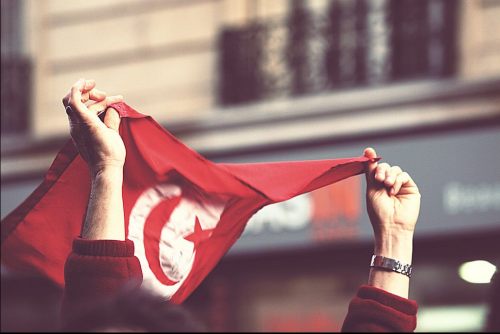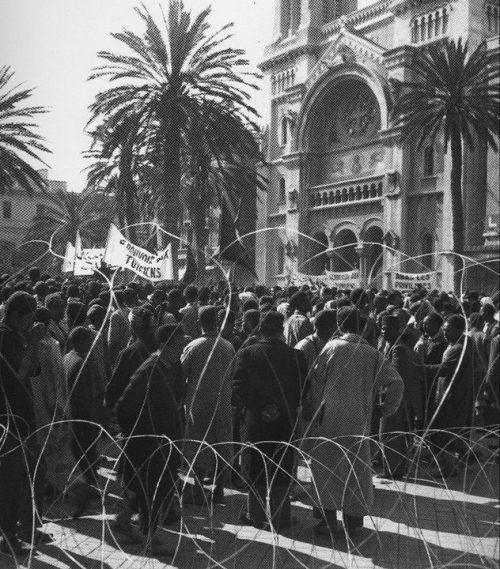It all started when I initially registered myself to vote in the 2014 legislative elections in New York City. I live in Denver, so I figured it is the best office to vote in since I can usually find pretty cheap air tickets to the Big Apple. Besides, I have a few friends there I could always say hello to – never mind that it is close to 1,800 miles away from where I live. Thing is, it was still too expensive to travel.
The electoral commission offered all residents living and voting abroad the option to change their voting locations. The process was simple enough: send in a copy of your passport, a confirmation of your initial registration, and fill out a PDF form that the ISIE provides. Send it in to your regional representatives, and they will send them back to Tunisia for the ISIE to review. Still with me? Alright. Since I would be visiting The Hague, Netherlands, during the presidential elections (21-23 November), I decided to change my voting location to that office.
I sent in all required documentations. Mind you – all North and South American cities and ‘rest of Europe’ voting locations are part of the same voting district. Districts for Tunisians living abroad are as follows: France 1, France 2, Germany, Italy, Arab world countries, and Americas and rest of Europe. In theory, since you are still within the same district, you should be able to vote in any voting location within it, correct? No. Not according to the electoral authority. For the legislative elections, the ISIE made everyone re-register in order to vote, and if you chose New York (or Houston, or Vienna, or whichever city in the same district): you best believe that that is where you will vote. It is like telling someone: hey sorry, I know you’re still within X county, but you must go to that school (miles away) in order to vote.
Moving on. I submitted all of my documentation to the regional office, and they courteously responded to me confirming that my folder had all the required paperwork and that it was complete. They would then send it to the main authority in Tunis, and wait to hear back.
Tonight, the ISIE released the names of those ‘selected’ to vote. My name was not on there – and neither were the names of many, many others in my district who had requested the change. In the Montreal office, only 3 people were accommodated. THREE. We were not given any reason or justification as to why we were not selected.
To say I feel furious is really an understatement. I am a full Tunisian citizen who has yet to vote even once because of (you guessed it) incompetence coming from the electoral authority. I was so excited to finally be voting for the first time, to be exercising the most fundamental of my rights. But the ISIE decided that it could arbitrarily choose who can vote and who cannot. It decided that it has the power to rob citizens of their rights.
The regional representatives did not have much to say but remind those rejected that it is ‘up to the ISIE’ to decide whose request can be accommodated. The photo below quotes: “The fact that your folder is complete does not guarantee an acceptance from ISIE. Almost every day we have published on our page that it is solely ISIE than can or cannot accept the request. We understand your frustration, but we unfortunately have no further answers than you do.”
Something tells me that politics have to do with it. Though I do not know for certain whether my application was rejected based on political views, I do know this:
- The ISIE has made it very difficult for Tunisians abroad to practice their right to vote
- Many instances have been reported where, during the legislative elections, certain individuals would suddenly not find their names in the offices they are registered in (thus, rendering them unable to vote)
- Some instances have been reported of bureau members convincing their friends (usually with the same political convictions) to go vote, and fill up the booths for the legislative elections
The parliamentary elections were bad enough – extreme disorganization in the offices abroad reigned supreme. Now, the presidential elections will be even worse.
The saddest part is that I have not felt this angry at my country since the times of Ben Ali. Those were the times I felt like my country was constantly rejecting me, making me a second-class citizen every time I tried to open my mouth about this or that, or tried to exercise very basic rights and duties. Today, I feel the very same way.
I feel injustice, and I feel robbed.
I call on the judicial authorities in Tunisia to initiate an investigation and find answers to the following question: under what basis were Tunisian citizens forfeited their right to vote? Why were the location change requests denied? And under what basis?









